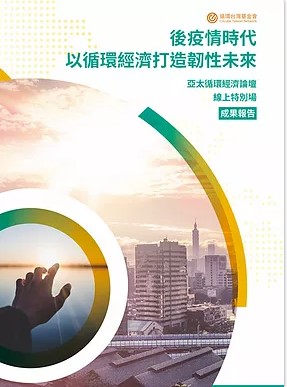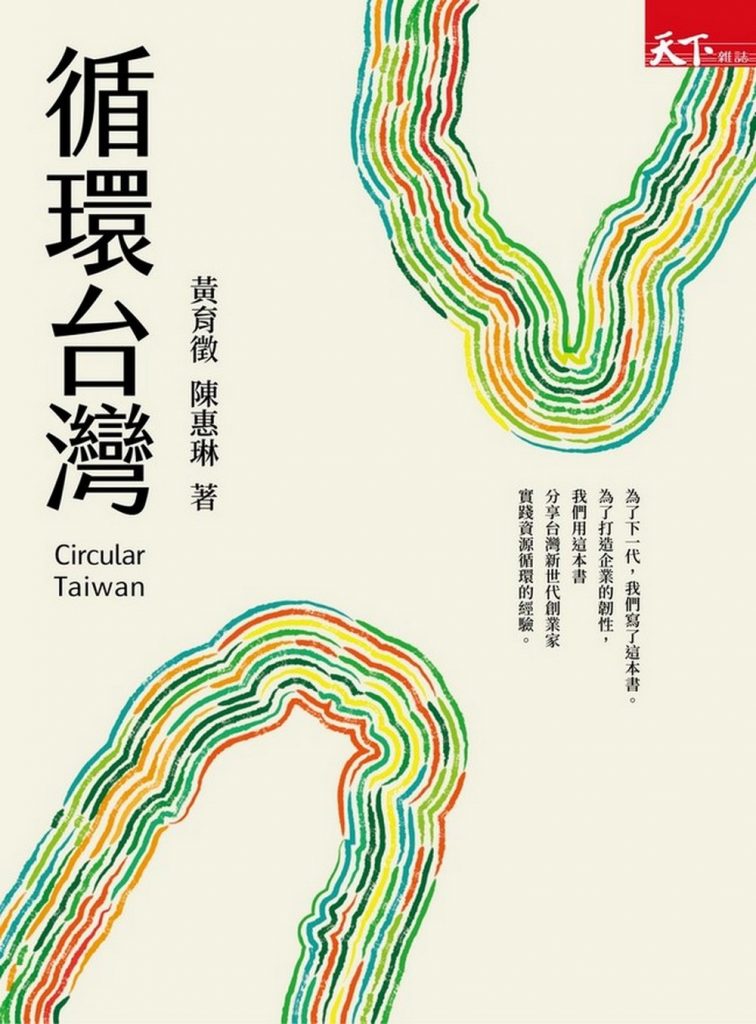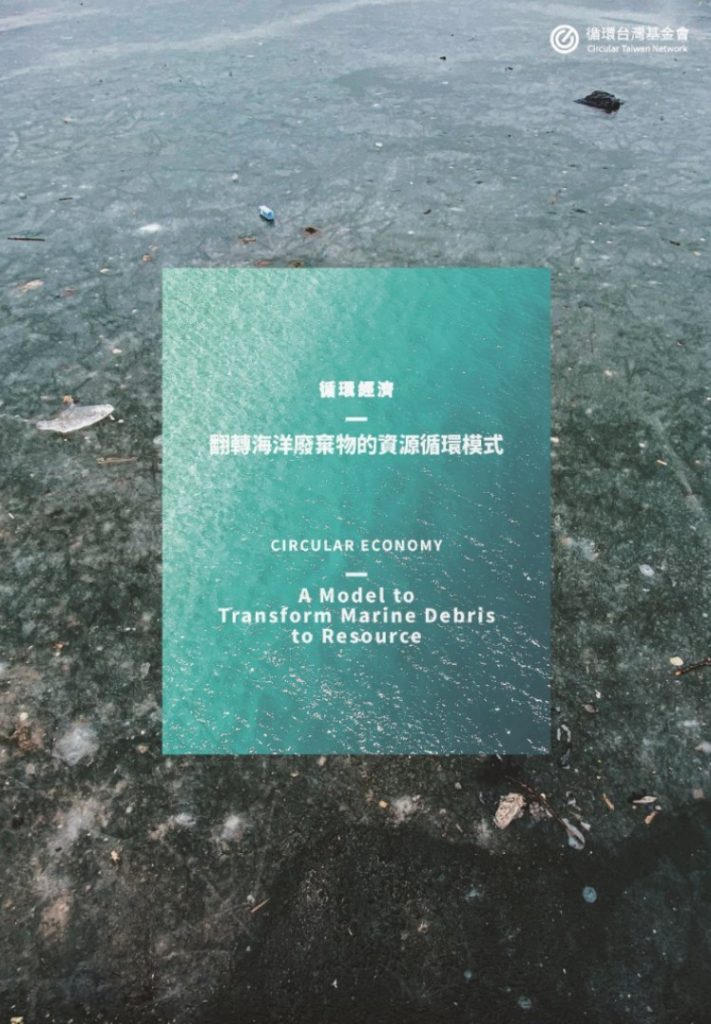What has the pandemic shown us?
How should we adapt to be able to overcome the various challenges and risks in the post-pandemic era?
The pandemic has affected people from all walks of life. In an attempt to restrict the spread of the virus, lockdowns were imposed and people were encouraged to stay home and limit their human to human interactions. The effect on the economy was monumental: around 80% of the global labor force was hit with the consequences of the pandemic. However, a reduction of economic activity and transportation meant that the demand for energy decreased. The International Energy Agency predicts that by the end of 2020, the global greenhouse gas emissions for the year will be 8% lower than the emissions in the year of 2019. This will mark the largest annual decline in emissions since World War II.
Although countries are recovering from the economic and social effects of the coronavirus, they must still be cognizant of preventing future outbreaks and resolving the persistent issue of climate change. Countries should reevaluate their past ideologies and methods to ensure the post-pandemic world is being ‘built back better’.
During this critical stage in 2020, the Circular Taiwan Network has hosted the APCER “Online Series : Circular Economy for A Resilient Future in The Post-Pandemic Era”, analyzing the structures and foundations of modern problems with the general public. This webinar attributed these modern issues to the exploitation of resources and the emission of greenhouse gases and pollutants within a linear economy. The questions explored are listed below:
- What are long-term risks associated with companies that utilize the linear economy model?
- What are the opportunities that a circular economy would bring for companies and corporations?
- How do we use Green stimulus to encourage the development of Taiwan's circular economy?
The Green stimulus will allow for businesses to develop in the next generation.
Aside from conducting online forums, webinars, workshops, and communicating with international organizations and think tanks, Circular Taiwan Network has also synthesized a report based on surveys sent to companies,
We hope that everyone will recognize the opportunities that a circular economy would bring for companies and countries around the world. We also propose the three main goals under Taiwan’s Green stimulus plan to help accelerate the implementation of the circular economy model. These three goals are listed below:
- Encourage cities and towns to develop their energy infrastructures in order to increase self-reliance
- Promote sustainable procurement as a catalyst in meeting the demands of a circular economy
- Using green finance and regulations to transition companies into adopting greener business models
All in all, the Green stimulus plan will not only allow the economy to recover from the pandemic, but will also accelerate the move towards a zero carbon economy. The green subsidy plan will encourage companies to adopt business plans that are more resilient, flexible, and versatile.


